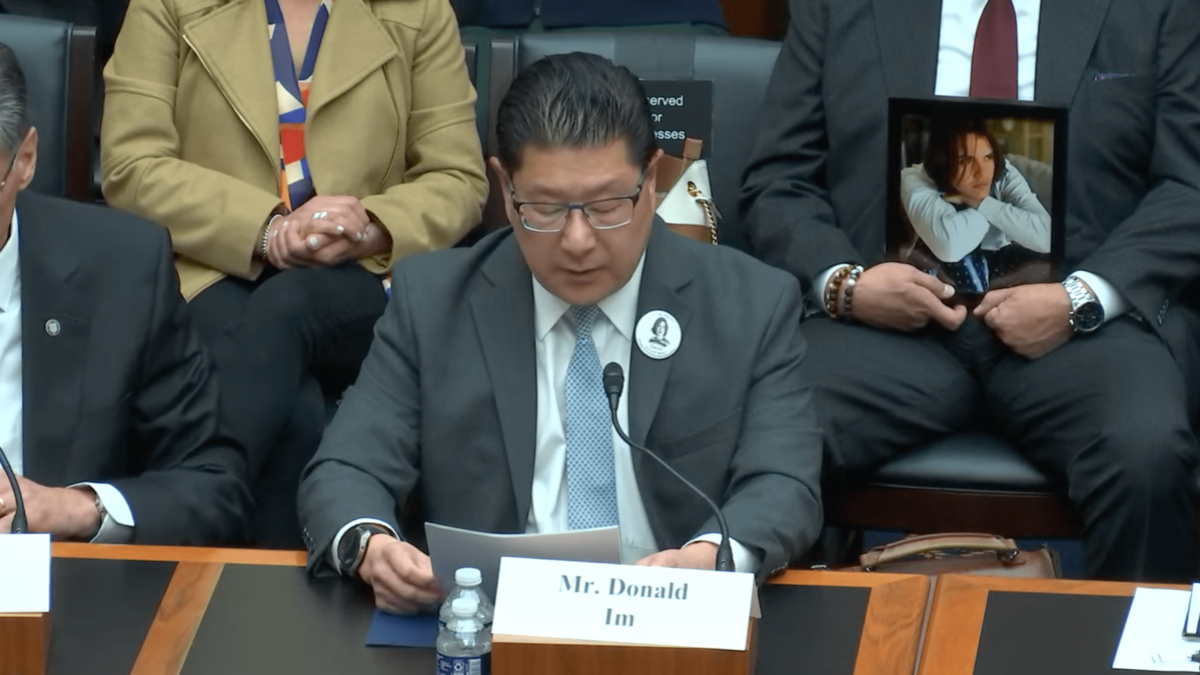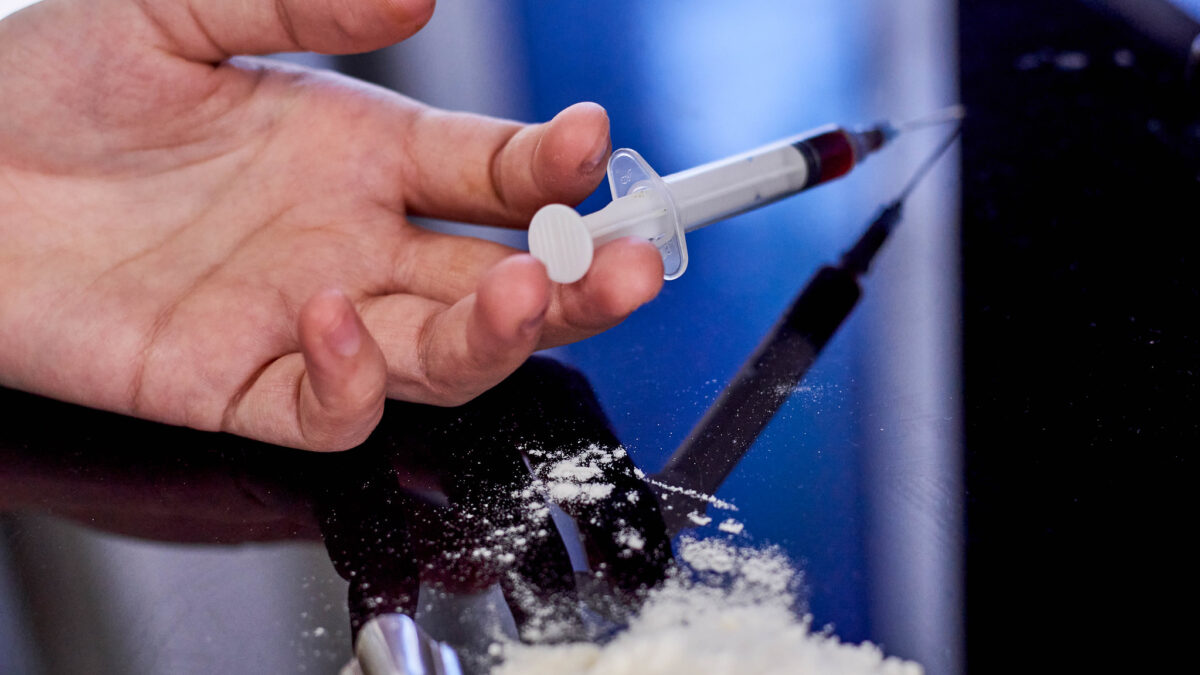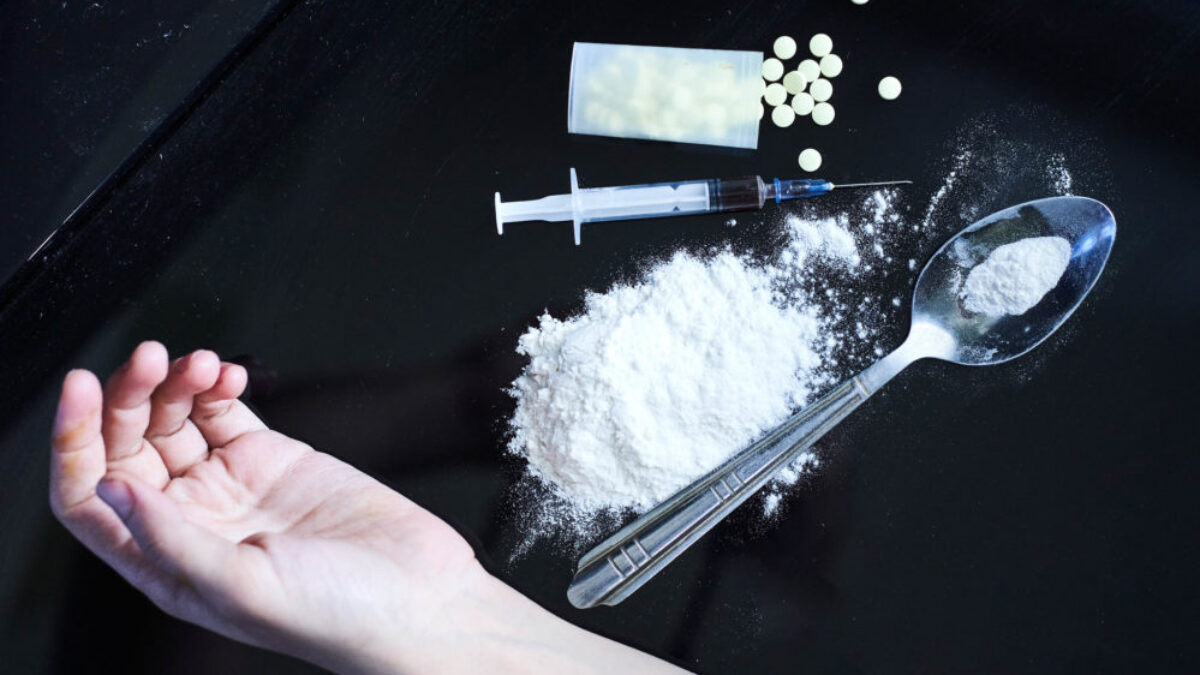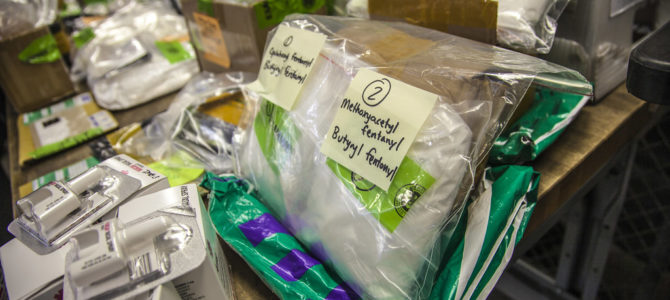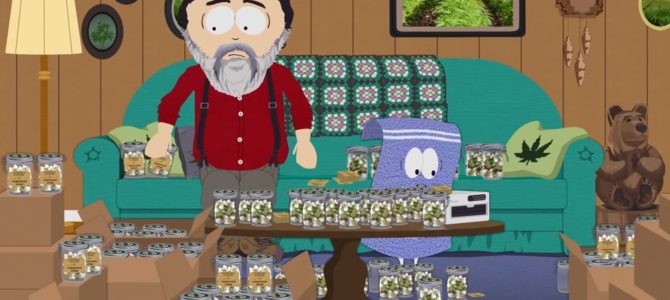
South Park has been a staple of American commentary since the first episode aired in 1997. More than two decades later, the show stands on a reputation of having the funniest stories and most outlandish characters, all while being an almighty force of piercing satire. Last week, this year’s Christmas episode came out, titled “Christmas Snow,” lampooning everything that’s wrong and right about legalizing cocaine.
The episode opens on the townspeople getting thoroughly boozed up at the Christmas festival, during which the mayor brings a special guest onto the stage: the one and only Santa Claus. Santa, as the celestial ethicist he is, proceeds to finger-wag about the dangers of driving drunk, with a sort of moral superiority “like that Greta girl,” and is quickly booed offstage. The townspeople return to their festive traditions, in a montage of brutal mishaps as they drive around town drunk.
Soon thereafter, an ordinance is passed banning the sale of alcohol through the Christmas season, forcing the townspeople of South Park to turn to Randy Marsh, the local marijuana tycoon and owner of Tegridy Farms. Randy creates the Christmas Special, a blend of weed that, at first unknown to its users, is dipped in cocaine like a chocolate-covered strawberry.
It’s divine idea indeed, as Randy later remarked, “I got the idea praying to Christ.” The townspeople, with their holiday spirit rejuvenated, celebrate in the second DUI montage of the episode.
Everyone’s happy, with the exception of Santa. “I got rid of liquor and now you –ssh-les are all just getting high?” he exclaims. A second ordinance is passed, banning the sale of marijuana through the Christmas season, which, of course, results in the townspeople of South Park turning to Tegridy’s marijuana-free cocaine.
This prompts our third, and most raucous, DUI-montage, featuring an otherwise modest mother riding an ATV with her boobs out. Santa, being the just-say-no Grinch he is, steals everyone’s cocaine later that night. This forces Randy to try and convince the not-so-jolly St. Nick and Jesus, who makes a rather disgruntled entrance, to return it to the people of South Park.
“You want people to think that legalizing cocaine is the same thing as home-grown marijuana?” asks an angry Christ. Yeah, pretty much. Thunbergian outrage notwithstanding, the case Randy Marsh makes for recreational cocaine is exactly right.
Drugs are dangerous, sure—nobody wants his mom coked up and riding topless on an ATV. But abolishing drugs does not abolish the demand for drugs, and people will just find the drug through illegal channels.
When coke is criminalized, only criminals can make coke. As a result, the drug will be cut with impurities and it’ll have to be smuggled, whereas for legal cocaine, as Tegridy Farms advertises, “the only -ss it’s going to be up is yours.” A legal cocaine business will operate more transparently and in the interest of their customers.
While I fully support their legalization, drugs are bad—for me. I’m a near teetotaler, because being intoxicated just isn’t my thing. But that doesn’t mean it’s always bad for everyone, or that people shouldn’t be allowed to consume things that are bad for them. If that were the case, we’d do well to criminalize alcohol, cigarettes, and ice cream.
In the first three minutes of the episode, a child and a dog are run over by intoxicated drivers. Is that the story here? That consuming drugs means more kids and dogs will get run over? No, not really. Our three DUI montages make it clear: it doesn’t matter what the drug is, some people are going to get behind the wheel when they shouldn’t.
But the issue isn’t with alcohol, marijuana, or cocaine, it’s with driving under the influence. Driving under the influence is bad, of course, but we can’t just ban everything that people shouldn’t do while driving. Instead of making texting and driving illegal, we’d just ban cellphones.
The episode ends with Santa and Jesus trying Randy’s cocaine and being convinced by the sheer quality of the product. In a Christmas miracle, Jesus makes it snow cocaine across the town of South Park. Christmas is saved, cocaine is legal, and everyone lives happily ever after.
But is it really that much of a fantasy to imagine an America with legalized cocaine and locally grown “farm to nostril” organic cocaine businesses? I don’t think so. Just as there are more than 6,000 craft breweries in the United States, there will be plenty of entrepreneurs ready to make robust, safe, and enjoyable products that people clearly want.
“Maybe I have been too old fashioned in my thinking,” Santa says in the end, “you cut out the middle-man, nobody dies in South America, nobody dies from impurities.” Coke industries, far from a nefarious evil often depicted in the media, could very well be a net-positive influence.
“South Park” is ridiculous, absurd, crude, and superb social commentary. Unlike many comedies on television today, the creators of “South Park” aren’t explicitly trying to further a political agenda or hand down moral lessons—the show is about creating comedy. Yet, because such comedy is a dive into the real absurdities of the human condition and society, it’s in this pure pursuit that South Park stands as America’s greatest social critic.
“Christmas Snow” is a prime example of this accomplishment. The moral police, the legalizers, the over-indulgers, and the abolitionists are all truthful characters. It just so happens that in this case, Randy Marsh hits the mark on cocaine.


